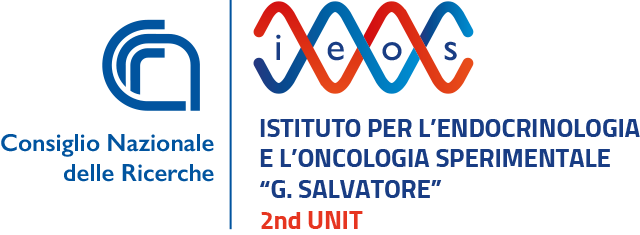Dynamics of cellular NAD metabolism: How, where and when? - Mathias Zeigler - University of Bergen, Norway
Abstract:
NAD is a vital molecule in all organisms. It plays key roles as cofactor in metabolic redox
reactions and as substrate for signal transduction processes. Given these critical functions,
rapid degradation of host cell NAD has evolved as one of the favorite killing strategies used
by microorganisms. NAD+-dependent signaling pathways include poly- and mono-ADPribosylation,
protein deacetylation by sirtuins and generation of messengers involved in
Ca2+ signaling. They mediate fundamental events such as transcription, DNA repair, cell
cycle progression and vesicular transport. Moreover, they contribute to epigenetic regulation
and the control of metabolism. All these signaling reactions include the degradation of NAD
to nicotinamide. In fact, NAD turnover appears to be unexpectedly rapid in human cells
suggesting that NAD-dependent signaling processes are highly active. The high rate of NAD
consumption necessitates robust NAD biosynthesis, in particular, efficient recycling of the
vitamin precursor nicotinamide. In addition, supplementation with related NAD precursors
can restore reduced NAD levels observed in aging and neurodegenerative diseases.
Indeed, a pilot study in Parkinson’s disease conducted in Bergen yielded promising results.
Our experimental research over the past years has identified some of the molecular
mechanisms underlying cellular NAD homeostasis. We have developed and applied
research tools to understand the dynamics of subcellular NAD pools, their generation and
mutual communication. Our observations indicate an inter-organellar crosstalk of NAD pools
and point to a role of mitochondria as NAD buffer. Moreover, we have identified a general
NAD-dependent cell death pathway that was originally thought to be specific for axonal
degeneration. Overall, NAD biology has emerged as a field of intense research efforts that
have led to promising NAD supplementation approaches to improve human health.
Host: Daniela Corda (
Conference Room, CNR, P. Castellino Campus



